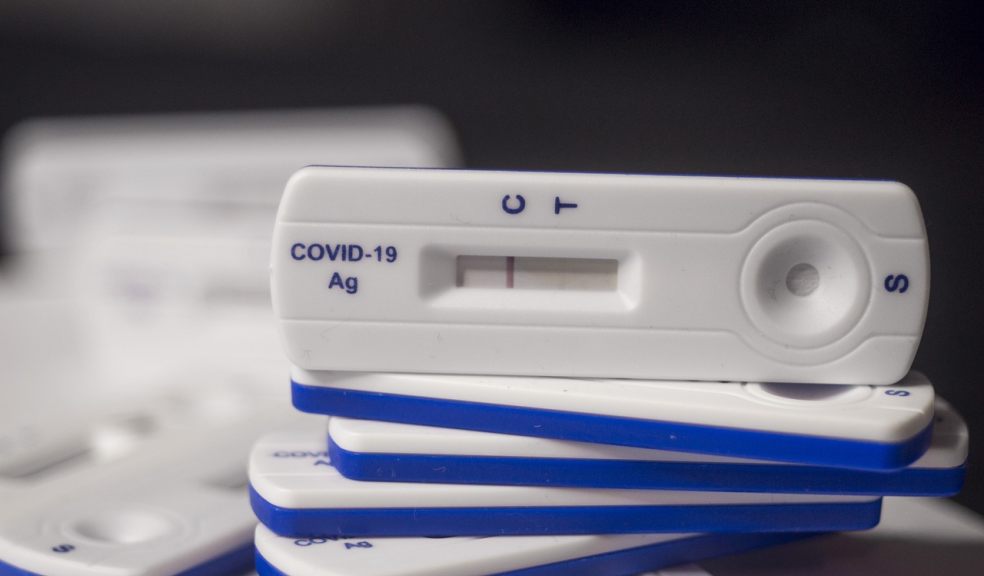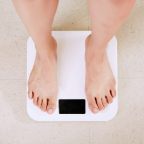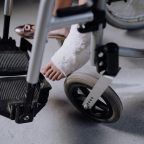
What is the Best Time of Day for More Accurate COVID-19 Self-Testing?
Determining the most accurate time of day to conduct a COVID-19 self-test can be critical in managing and controlling the spread of the virus. The reliability of test results heavily depends on the timing post-exposure, as well as the time of day the test is taken. Research suggests that post-infection, the accuracy of a test improves over several days, with higher detection rates generally seen around eight days after exposure. Thus, identifying the optimal testing window is essential to increasing the chances of detecting the virus accurately.
If you believe you've been exposed to COVID-19 or are experiencing symptoms, it's important to know when to get a COVID test for the most reliable results. While it's crucial to follow current health guidelines and test as soon as symptoms arise or after known exposure, studies indicate that the time of day can influence test sensitivity. Morning testing, for example, might yield more accurate results due to the potential for higher viral load at this time.
Key Takeaways
- The accuracy of COVID-19 tests can vary with the time post-exposure and the time of day.
- Morning may offer a higher chance of detecting the virus due to potential viral load differences.
- Conducting tests at consistent times following exposure recommendations enhances reliability.
Understanding COVID-19 Tests
When considering self-testing for COVID-19, it's essential to understand the different types of tests available, how various factors can affect their accuracy, and the correct usage of each testing kit.
Types of COVID-19 Tests
COVID-19 tests fall into two main categories: viral tests and antibody tests. Viral tests, which include PCR (polymerase chain reaction) and lateral flow tests, are designed to detect an active infection. A PCR test is highly sensitive and is often conducted in a laboratory setting, whereas lateral flow tests can provide results at home within minutes by identifying active COVID-19 infections.
Factors Affecting Test Accuracy
The accuracy of a COVID-19 test can be influenced by several factors, including the time of day the test is taken. Studies have shown that the viral load in infected individuals may fluctuate during the day, potentially impacting the test's effectiveness. Additionally, the stage of infection at which the test is administered is significant; tests are generally more reliable when taken several days post-exposure or when symptomatic.
Proper Usage of Test Kits
To ensure accurate results, it is crucial to follow the test kit's instructions precisely. Each kit may have specific requirements for collecting the sample, such as a throat and nose swab or a nose swab only. Make sure to check the expiry date of your rapid lateral flow tests and do not use out-of-date tests. Proper storage of the test kits also plays a role in maintaining their efficacy, so keep them in a suitable environment as outlined by the manufacturer's guidelines.
Optimal Timing for Self-Testing
Testing for COVID-19 at the right time of day can impact the accuracy of your results. It is essential to consider circadian rhythms, symptom onset, and safety measures.
Circadian Rhythms and Test Sensitivity
Your body's circadian rhythms can influence test sensitivity. Research suggests testing in the midday is more likely to yield accurate positive results than if conducted at night. As your physiological processes fluctuate during the day, the viral load in nasal and oral samples can also vary, affecting the lateral flow test's detection ability.
Symptom Onset and Testing
Testing should be timed appropriately after symptom onset for the best chance of detection. Aim for 8 days post-exposure, as tests may be more likely to detect the virus in this timeframe. However, this period can depend on the individual's immune response and the sensitivity of the test used, so it's important to remain vigilant for symptoms and test immediately if they emerge.
Precautions and Safety Measures
Testing should always be carried out within the context of current health guidelines. Ensure you are using the self-test kit correctly, following the provided instructions meticulously. This includes handwashing, proper sample collection, and timing the test accurately to avoid false negatives or positives, ensuring you protect not just yourself but others too.
Conclusion
The accuracy of your COVID-19 self-test is not significantly influenced by the time of day. However, it is crucial to follow the test instructions carefully and perform the test when symptoms first appear or after known exposure to the virus. If your test result is negative but symptoms persist, consider repeating the test according to the manufacturer's instructions or obtaining a more sensitive PCR test. Store your test kits properly at room temperature and be mindful of the expiration dates. Remaining informed and proactive in your approach to testing will help ensure the best possible accuracy of your results.













